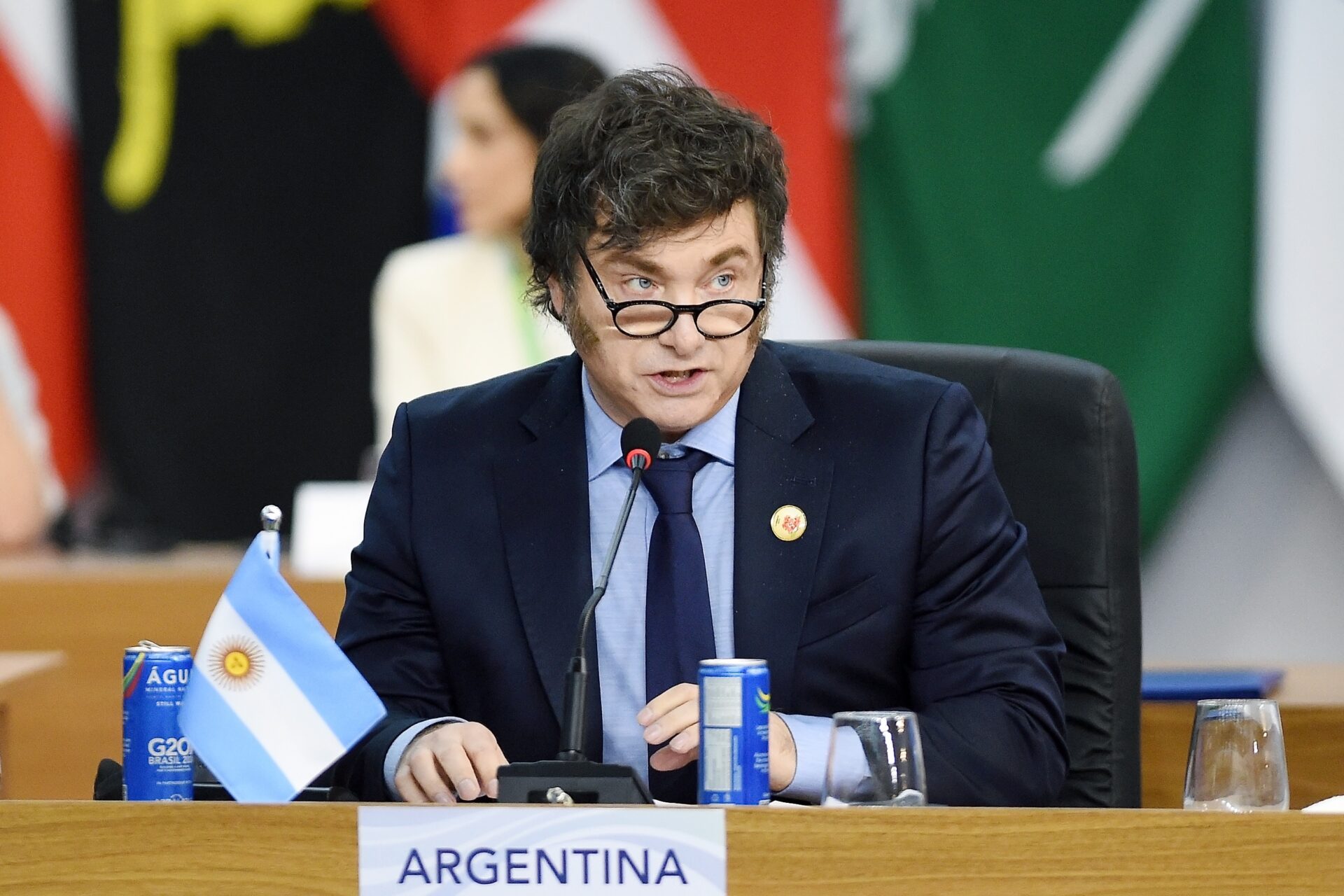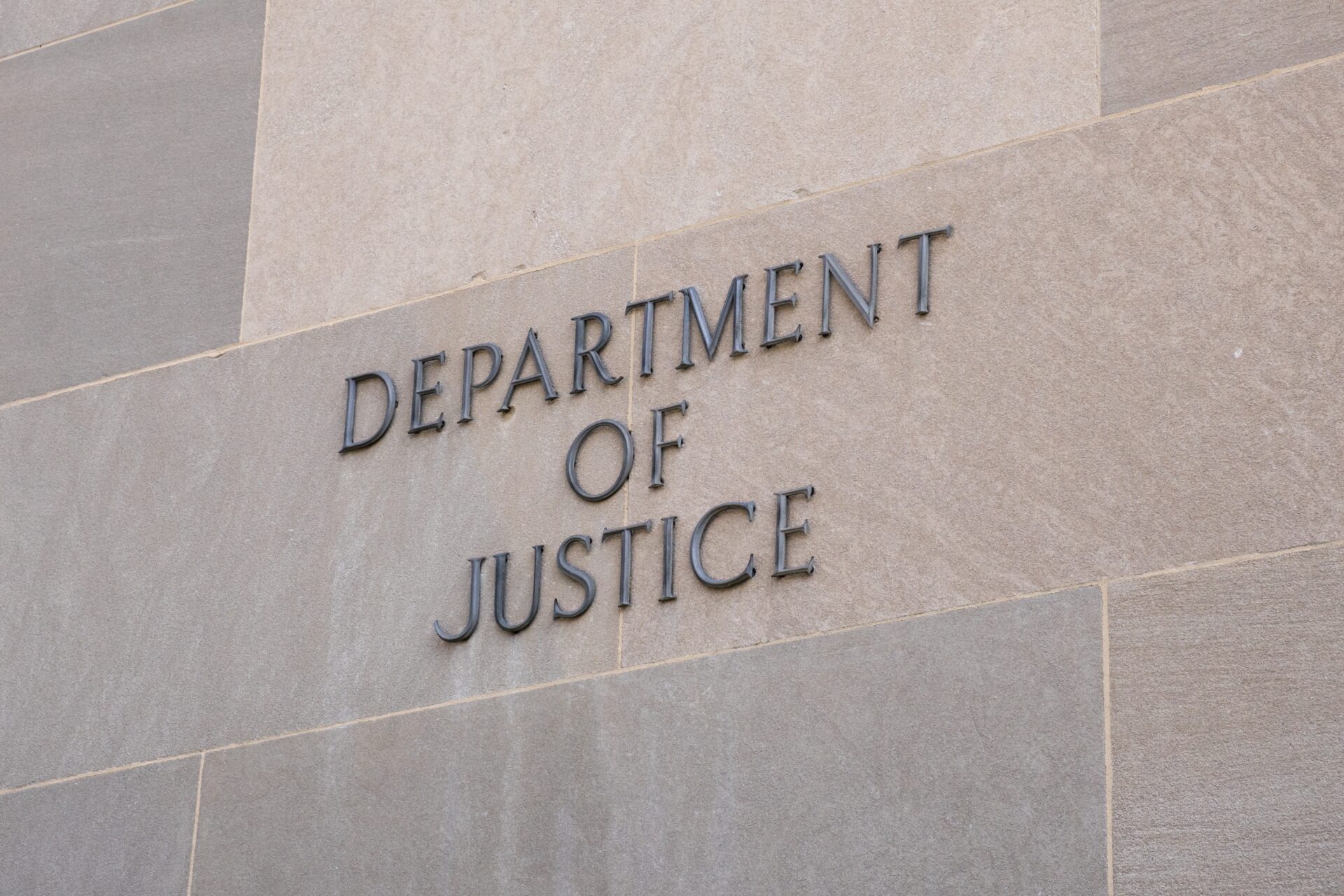
US Aid Sought Amidst Argentine Peso Decline
A new wave of economic instability in Argentina reveals the dangerous consequences of radical policies, threatening to destabilize the nation further.
Story Highlights
- President Javier Milei’s libertarian agenda faces major opposition amid economic crisis.
- Street protests erupt against tightening measures as the peso weakens.
- Milei seeks U.S. support, marking a shift from traditional multilateral approaches.
- Critics warn of potential long-term dependency on external aid.
Argentina’s Economic Struggles Under Milei
In early 2025, Argentine President Javier Milei’s government grapples with a severe economic crisis, characterized by a weakening peso and mounting public discontent. Milei’s radical libertarian policies, promising drastic economic reforms and dollarization, have faced significant backlash from both the public and opposition-controlled Congress. The resulting political gridlock has paralyzed Milei’s legislative agenda, complicating efforts to stabilize the economy.
As the peso continues to lose value, protests have erupted across Argentina in response to austerity measures affecting key public services. These measures, intended to curb spending and address fiscal deficits, have instead fueled social unrest and economic uncertainty. The crisis has prompted Milei to seek emergency financial assistance from the United States, a departure from Argentina’s typical reliance on multilateral institutions like the International Monetary Fund (IMF).
Bessent: US Treasury wants to support Argentina's strong policies …
The message seems a bit off. Countries with strong policies don't usually need a second bailout in a year. Argentina already blew through $14b from the IMF
1/ https://t.co/56E8TbiMRf pic.twitter.com/ALn9dcj5s5
— Brad Setser (@Brad_Setser) October 6, 2025
U.S. Involvement and Financial Aid
In September 2025, President Milei traveled to the United States to attend the UN General Assembly and meet with former President Donald Trump and IMF officials. The discussions centered on potential U.S. Treasury aid to help stabilize Argentina’s economy. Treasury Secretary Scott Bessent expressed U.S. readiness to support Argentina, emphasizing the strategic importance of the country. However, negotiations remain ongoing, with no official aid package confirmed.
While initial market reactions to potential U.S. support were positive, the underlying economic fragility and political resistance within Argentina persist. The prospect of relying on external support has raised concerns about long-term dependency and the potential erosion of national policy autonomy, particularly if aid is contingent on further austerity measures.
Potential Outcomes and Challenges
The current situation in Argentina presents significant challenges for President Milei’s administration. Short-term optimism regarding U.S. support may offer temporary market stability, but without substantial fiscal and monetary reforms, the peso remains vulnerable to further declines. Continued protests and legislative opposition threaten to undermine Milei’s government, while austerity measures deepen social and economic hardship for the Argentine public.
In the long term, reliance on external support could entrench economic dependency, limiting Argentina’s ability to implement necessary reforms independently. The ongoing crisis underscores the need for a balanced approach that addresses fiscal discipline and social protection, ensuring sustainable economic recovery and political stability.
Watch the report: Argentine President Javier Milei Rocks Stage Amid Economic Turmoil | Firstpost America
Sources:
Argentina Turns to the US for Help to Solve Javier Milei’s Triple Crisis
America’s Argentina Rescue Won’t Save Peso Long
Argentina Crisis: US Rescue May Invite New Problems
Why Argentina’s Economy is Floundering


